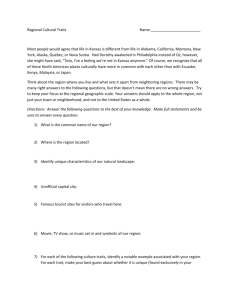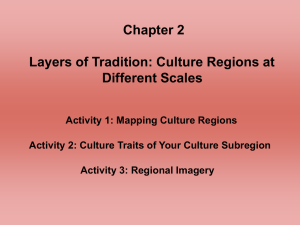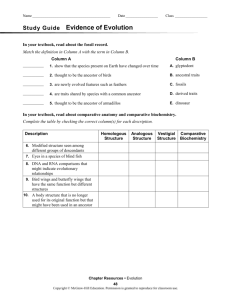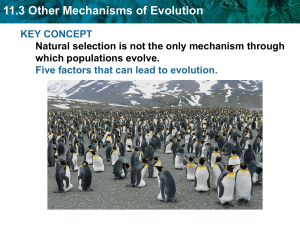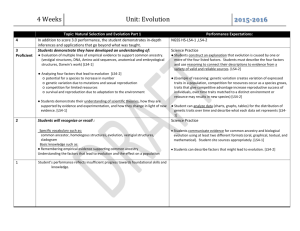Human diversity
advertisement
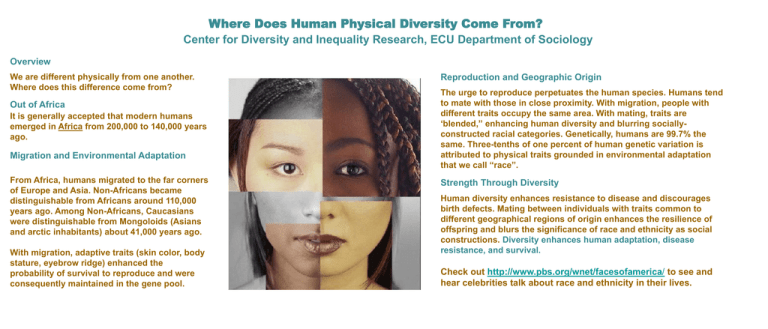
Where Does Human Physical Diversity Come From? Center for Diversity and Inequality Research, ECU Department of Sociology Overview We are different physically from one another. Where does this difference come from? Out of Africa It is generally accepted that modern humans emerged in Africa from 200,000 to 140,000 years ago. Migration and Environmental Adaptation From Africa, humans migrated to the far corners of Europe and Asia. Non-Africans became distinguishable from Africans around 110,000 years ago. Among Non-Africans, Caucasians were distinguishable from Mongoloids (Asians and arctic inhabitants) about 41,000 years ago. With migration, adaptive traits (skin color, body stature, eyebrow ridge) enhanced the probability of survival to reproduce and were consequently maintained in the gene pool. Reproduction and Geographic Origin The urge to reproduce perpetuates the human species. Humans tend to mate with those in close proximity. With migration, people with different traits occupy the same area. With mating, traits are ‘blended,” enhancing human diversity and blurring sociallyconstructed racial categories. Genetically, humans are 99.7% the same. Three-tenths of one percent of human genetic variation is attributed to physical traits grounded in environmental adaptation that we call “race”. Strength Through Diversity Human diversity enhances resistance to disease and discourages birth defects. Mating between individuals with traits common to different geographical regions of origin enhances the resilience of offspring and blurs the significance of race and ethnicity as social constructions. Diversity enhances human adaptation, disease resistance, and survival. Check out http://www.pbs.org/wnet/facesofamerica/ to see and hear celebrities talk about race and ethnicity in their lives.


